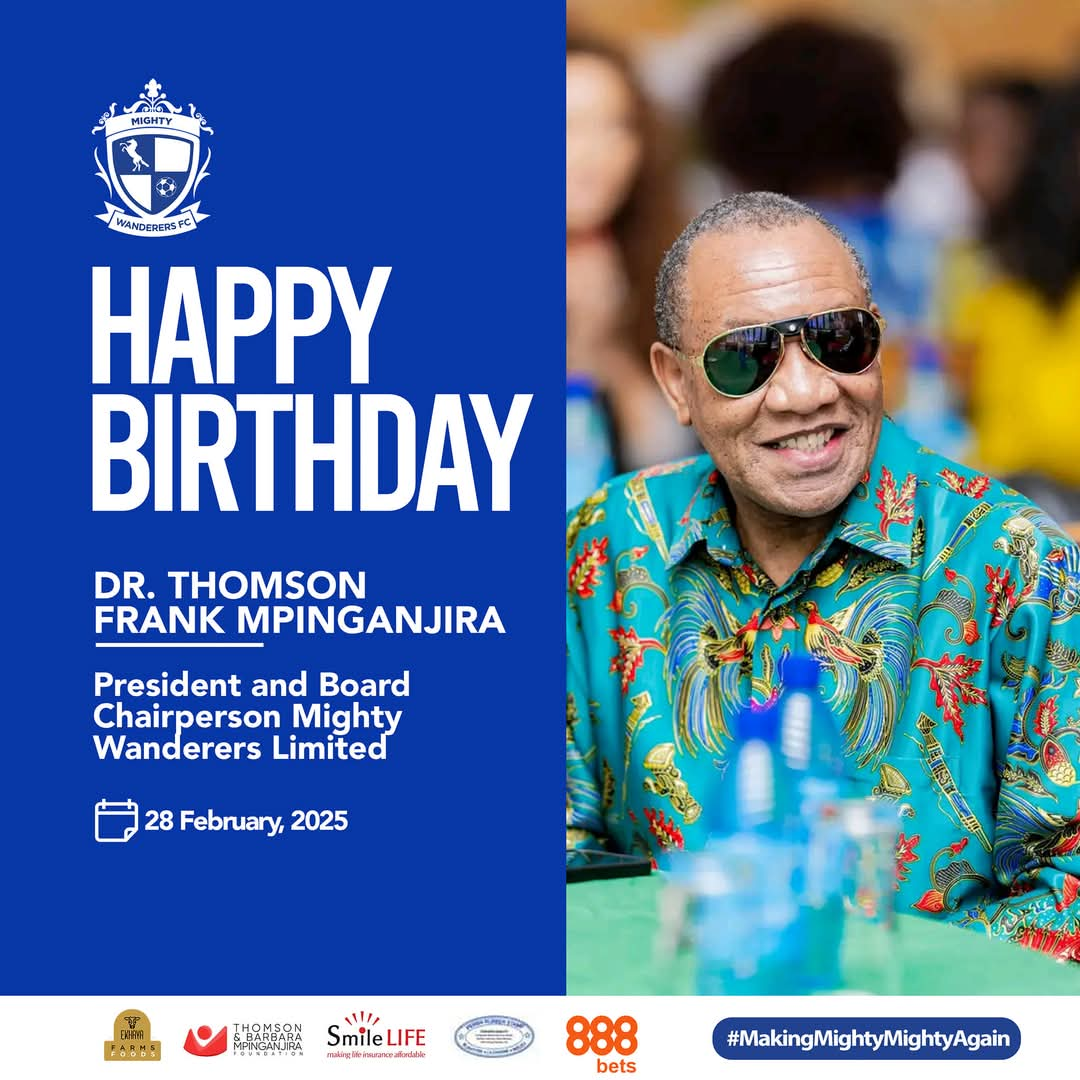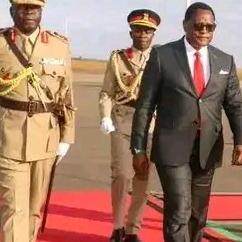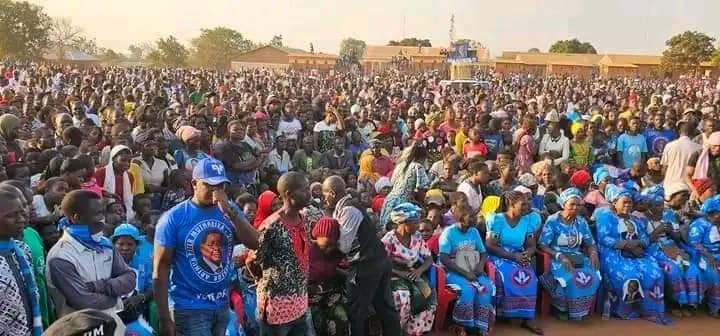By Burnett Munthali
The recent agreement between Malawi and Kenya, aimed at alleviating Malawi’s fuel crisis, has ignited a storm of controversy. Signed on November 5, 2024, by Malawi’s Minister of Energy, Ibrahim Matola, and Kenya’s Cabinet Secretary for Energy, Opiyo Wandayi, the memorandum of understanding (MoU) has been lauded for its promise to stabilize Malawi’s petroleum supply. However, the opaque nature of the negotiations and the controversial reappointment of Helen Buluma as head of the advisory committee overseeing the deal have raised pressing concerns about transparency, inclusivity, and governance.
At the heart of the criticism lies the government’s failure to involve key stakeholders from Malawi’s energy sector in the negotiation process. The exclusion of figures such as Nocma CEO Clement Kanyama, Nocma Chairperson Colleen Zamba, and MERA officials highlights a governance gap that undermines confidence in the deal. Reports that these stakeholders were only briefed a week after the agreement was signed signal a lack of collaborative decision-making in addressing a crisis of national importance.
This secretive approach raises questions about the government’s priorities. While the urgency of the fuel crisis may justify expedited measures, bypassing established processes and key players in the energy sector jeopardizes the credibility and efficacy of the deal.
The reappointment of Helen Buluma as chair of the advisory committee adds another layer of contention. Dismissed in 2022 for irregular recruitment practices, Buluma’s return suggests a potential disregard for institutional integrity. Critics argue that this move could centralize control of fuel supply decisions, sidelining other vital committees and creating internal friction.
Buluma’s reappointment, reportedly made in secret, is emblematic of broader governance challenges within Malawi’s energy sector. While her experience may provide valuable insights, her controversial history risks undermining trust in the advisory committee’s operations and the overall fuel deal.
Energy experts like Grain Malunga have flagged the exclusion of critical stakeholders as a significant flaw in the negotiation process. The lack of transparency not only risks mismanagement and corruption but also undermines public confidence in the government’s ability to address the fuel crisis effectively.
Further complicating matters are Malawi’s foreign exchange shortages and outstanding debts to existing fuel suppliers. Without clarity on how the Kenyan deal will be financed, concerns about sustainability and potential conflicts with current contracts remain unresolved.
The political dimensions of the deal cannot be ignored. Some analysts, such as Wonderful Mkhutche, have suggested that the government’s approach is driven more by political expediency than by a genuine commitment to resolving the fuel crisis. The lack of inclusivity and transparency fuels speculation that the deal may serve short-term political interests at the expense of long-term solutions.
The path forward
The government must address these concerns to ensure the deal’s success and restore public confidence. Key recommendations include:
Firstly, disclose the terms of the MoU, including financing mechanisms and supplier arrangements, to stakeholders and the public.
Secondly, involve all relevant parties, including MERA and Nocma, in the implementation phase to foster collaboration and accountability.
Thirdly, outline how the government plans to fund the fuel imports, given the country’s foreign exchange constraints and existing debts.
Fourthly, establish a transparent monitoring framework to oversee the deal’s execution and mitigate risks of mismanagement or corruption.
The Malawi-Kenya fuel importation deal represents a pivotal moment in addressing the nation’s fuel crisis. However, its opaque negotiation process and the controversial role of Helen Buluma highlight critical governance flaws. For the deal to succeed, the government must prioritize transparency, inclusivity, and sound financial planning. Failure to do so risks turning a potential solution into another chapter in Malawi’s long struggle with fuel insecurity and governance challenges.




